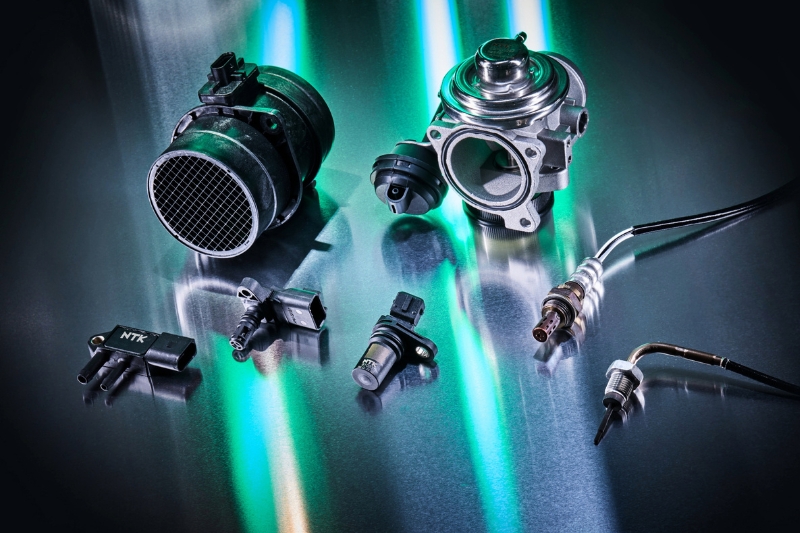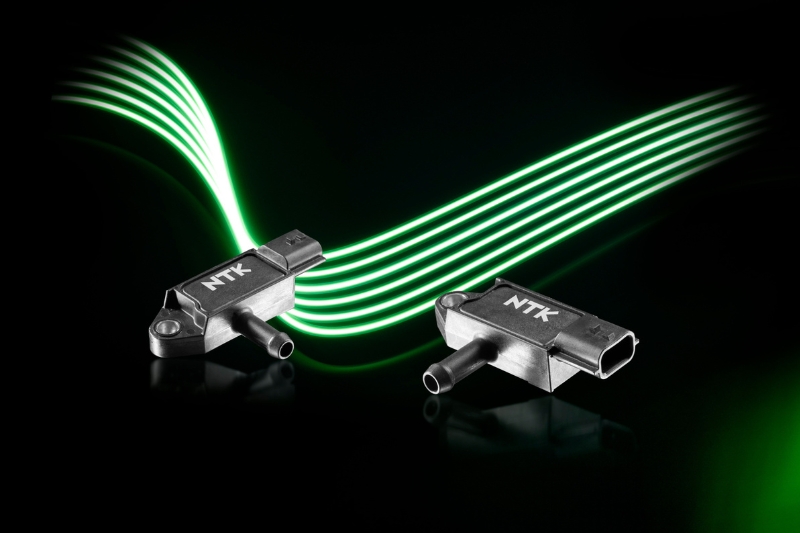
NTK Vehicle Electronics is putting independent workshops on a path towards engine management expertise.
The realm of engine management is sometimes considered as a specialism, only the reserve of larger workshops. Vehicle owners will still ask “How much will it cost to fix my check engine light?” like one might enquire about brake pad servicing, showing there is still a long road ahead on the side of customer education too. Workshops play a pivotal role in this, as with the right approach and right products you can be an engine management expert and break down some of the mystery.

Where to start
It’s important to recognise this is no longer a specialist skill. It’s true that complexity still remains, and if anything is increasing as onvehicle technology gets more sophisticated and monitors more functionality. It’s the connection to safety and critical emissions management which means it’s an area of repair which is here to stay. It will be found as standard on more and more of the vehicle parc and you could be turning away a lot of revenue potential if you can’t offer them any services.
As you embark on the journey of becoming an engine management pro, there are still basics you can master to get on your way. One of those is understanding the types of sensors involved. Through all of the different warning lights and on-board diagnostics, many sensors monitor fairly simple characteristics like temperature, movement, gas chemistry and pressure. The sophistication comes with the way they are applied to monitor a specific part of the engine operation. It also means that having the right sensor products at the ready for undertaking repair and replacement makes all the difference to a successful service.

NTK vehicle electronics, from Niterra, is a leading portfolio of sensors and valves for the aftermarket, including sensors which are vehicle manufacturer’s fitment of choice. One of the benefits of the portfolio is that engine management is well covered in one reliable brand. The range includes exhaust gas temperature sensors, exhaust gas pressure sensors, mass air flow sensors, manifold absolute pressure sensors, cam and crank sensors, and exhaust gas recirculation valves.
NTK MAP sensors offer coverage for over 13.5 million vehicles, and NTK EGR valves offer coverage for 10.5 million vehicles, meaning you can gain a competitive edge by being able to work on so many vehicle makes and models, secure in the knowledge that application coverage grows with frequent new-to-range launches too. The company has also made it easy to discover what part numbers are needed for specific applications thanks to its Part Finder website.









